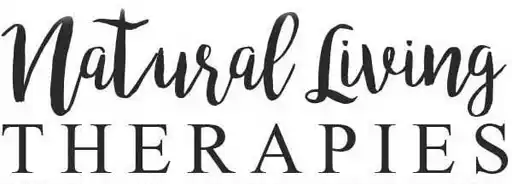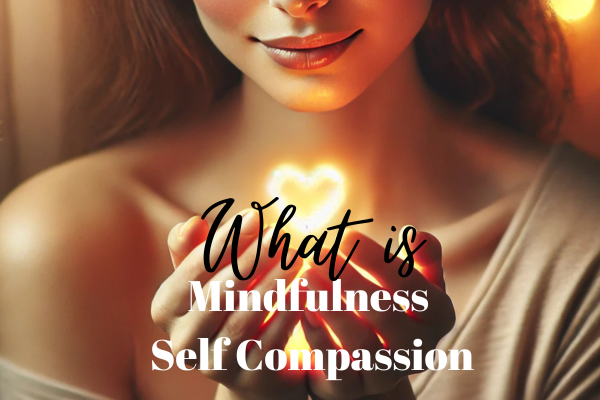A Guide to Being Kinder to Yourself
Have you ever noticed how easily you offer kind words and understanding to a friend going through a tough time, yet when you face challenges, your inner voice turns critical and harsh? Mindful self-compassion (MSC) is the practice of treating yourself with the same kindness and care that you would offer to a loved one. It combines mindfulness—the ability to be present with our experiences without judgment—with self-compassion, which encourages self-kindness rather than self-criticism.
In this blog, we’ll explore what mindful self-compassion is, why it’s so important, and how you can start incorporating it into your daily life.
What Is Mindful Self-Compassion?
Mindful self-compassion is an evidence-based approach developed by Dr. Kristin Neff and Dr. Christopher Germer that helps individuals respond to their struggles with warmth and understanding instead of self-judgment. It involves three key elements:
- Mindfulness – Acknowledging and accepting your thoughts and feelings without suppressing or exaggerating them.
- Self-Kindness – Being gentle and understanding with yourself rather than critical or harsh.
- Common Humanity – Recognizing that suffering and imperfection are a shared human experience rather than a personal failing.
When we cultivate mindful self-compassion, we shift from being our own worst critic to becoming a supportive friend to ourselves.
Why Is Mindful Self-Compassion Important?
Many of us have an ingrained tendency to be self-critical, believing that it will motivate us to do better. However, research shows that self-compassion leads to greater emotional resilience, lower anxiety and depression, improved relationships, and overall well-being. Here’s why mindful self-compassion is crucial:
- Reduces Stress and Anxiety: Instead of ruminating on mistakes or failures, self-compassion allows you to acknowledge them and move forward with kindness.
- Improves Mental and Physical Health: Studies have linked self-compassion to lower levels of stress hormones and improved immune function.
- Enhances Motivation: Contrary to the belief that self-criticism pushes us to succeed, self-compassion actually encourages us to persevere because we feel supported rather than shamed.
- Strengthens Resilience: Life is full of challenges, but when you respond with self-compassion, setbacks become learning experiences rather than sources of despair.
How to Practice Mindful Self-Compassion
If you’re used to being hard on yourself, shifting to self-compassion might feel unnatural at first. But, like any skill, it can be cultivated with practice. Here are some simple ways to get started:
1. Practice Self-Compassionate Self-Talk
Pay attention to how you speak to yourself. When you catch your inner critic taking over, ask:
- Would I say this to a friend?
- How can I reframe this thought with kindness? For example, instead of saying, “I’m so stupid for making that mistake,” try, “I made a mistake, but that’s okay. I can learn from it.”
2. Use Mindful Breathing
When emotions run high, pause and take a few deep breaths. Breathe in for four counts, hold for four, and exhale for four. This simple practice helps ground you in the present moment and creates space for a more compassionate response.
3. Place Your Hand on Your Heart
Physical touch can be soothing. Placing a hand on your heart or giving yourself a gentle hug can activate the body’s calming system and remind you that you are worthy of kindness.
4. Recognize Shared Humanity
When you’re struggling, remind yourself that you are not alone. Everyone experiences pain, failure, and self-doubt at times. This realization can help you feel connected rather than isolated.
5. Try a Self-Compassion Meditation
There are guided meditations specifically designed to cultivate self-compassion. Apps like Insight Timer, Calm, or Headspace offer free self-compassion meditations to help you develop this practice.
Final Thoughts
Mindful self-compassion is not about ignoring your mistakes or challenges—it’s about meeting them with kindness and understanding. When you learn to treat yourself with the same care you would a dear friend, you cultivate a sense of inner peace, resilience, and emotional well-being.
Start small. The next time you catch yourself being self-critical, pause and choose a more compassionate response. Over time, this practice can transform the way you relate to yourself and the world around you.
If you’re interested in learning more about mindfulness and self-compassion, you email me at hello@naturallivingtherapies.co.uk



